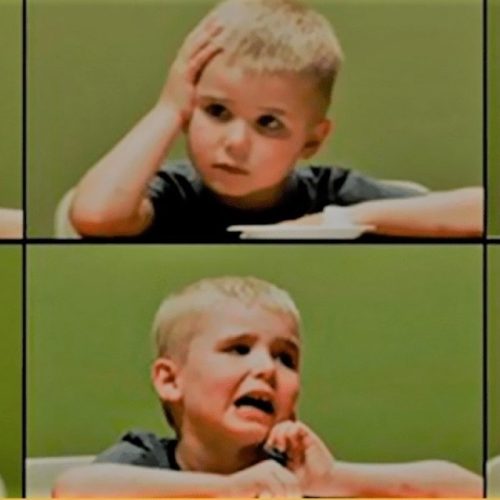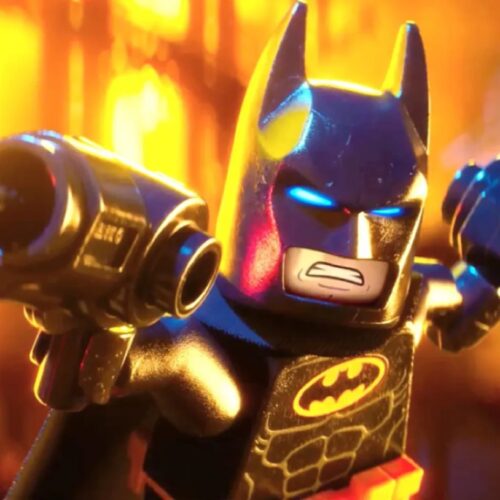New twist on marshmallow test shows power of a promise
You've probably heard of the infamous "marshmallow test," in which young children are asked to wait to eat a yummy marshmallow placed in front of them while left alone in a room for 10 to 15 minutes. If they successfully do so, they get a second marshmallow; if not, they don't. The test has become a useful paradigm for scientists interested in studying the various factors that might influence one's ability to delay gratification, thereby promoting social cooperation. According to a paper published in the journal Royal Society Open Science, one factor is trust: If children are paired in a marshmallow test and one promises not to eat their treat for the specified time, the other is much more likely to also refrain from eating it.
As previously reported, psychologist Walter Mischel's landmark behavioral study involved 600 kids between the ages of four and six, all culled from Stanford University's Bing Nursery School. He would give each child a marshmallow and give them the option of eating it immediately if they chose. But if they could wait 15 minutes, they would get a second marshmallow as a reward. Then Mischel would leave the room, and a hidden video camera would tape what happened next.
Some kids just ate the marshmallow right away. Others found a handy distraction: covering their eyes, kicking the desk, or poking at the marshmallow with their fingers. Some smelled it, licked it, or took tiny nibbles around the edges. Roughly one-third of the kids held out long enough to earn a second marshmallow. Several years later, Mischel noticed a strong correlation between the success of some of those kids later in life (better grades, higher self-confidence) and their ability to delay gratification in nursery school. Mischel's follow-up study confirmed the correlation.


© Igniter Media

